Description
ABSTRACT
The Bank Director: Duties and Imperative of Corporate Governance
Professor Konyinsola Ajayi, SAN*
Against the background of corporate failures including the Enron and WorldCom scandals, the global financial crisis of 2007-2009, the Nigerian ‘Failed Banks’ saga and the Central Bank Interventions of 2009, the article traces the historical evolution of corporate governance from the concept of corporate social responsibility, Shareholder/Stakeholder value theory of Governance, the self-regulatory ‘comply or explain’ approach of the UK to the strong legislative intervention of the US. The article argues that beyond the label, the overall success of a corporation may only be attained if Corporate Governance embraces a wider range of themes which include financial viability of the company, transparency, resolution of conflicts, accurate reporting, managerial integrity and ethical issues. The article examines the duties, responsibilities and the risks faced by the bank director in Nigeria, banking failures and the necessity for effective corporate governance in the sector.
INTRODUCTION
Banks play a pivotal role in the execution of monetary policy, supply of narrow and broad money, and are thus critical to the economy. As recently accentuated by the Central Bank of Nigeria the soundness of Nigeria’s financial system depends, to a large extent, on banks – as they ensure a solid foundation for promoting sustainable economic activity.
It is useful to point out that the legislative intent behind Banks & Other Financial Institutions Act 20041 is to create a privilege and not a right to have a banking licence and to work as a director of one. This is borne out by the decision of the full panel of the Supreme Court in MBC v Federal Minister of Finance.2 What one can also garner from the landmark case of Suisse Security Bank & Trust Ltd v Governor of The Central Bank of Bahamas 3 is that banking is a serious matter that may require action by the regulator in derogation of what may be termed rights to hearing. To be a bank director, Central Bank of Nigeria consent must be obtained, and such person may be removed notwithstanding any law, contract or the like under Section 35(2)(d) Banks & Other Financial Institutions Act 2004. The bank is invariably ‘more equal than other types of companies’. As is known, Nigerian banks accounted for the better part of trading on the Nigerian Stock Exchange, and about 67% of its capitalization before the 2008 market crash.4 When it is thus considered that the bank is the most important of our enterprises, we see why the running of such institutions are of pivotal importance and thus “quasi-governmental”.
Generally speaking about directorship, it will be true to say that the director is that man or woman who holds sway in the affairs of a company – the only being created other than by the Great Creator. The director is he, who in our eyes, lacks for nothing given the benefits of office; the allowances, emoluments, perks and prestige of office. The man who has hitherto assumed just the benefit but not the incomparable burden of office of director. He is a gatekeeper and watchdog, who has the privilege of leadership thrust on him, either by providence or his own sweat. Banking is about confidence, and the pilot of the ship must be one that can be trusted with the lives of so many.
*Managing Partner, Olaniwun Ajayi LP
- CAP B3, Laws of the Federation of Nigeria 2004
- [1961] All NLR 598, 602
- [2006] UKPC 11
- See presentation of CBN Governor to the Nigerian Stock Exchange on 23 September 2009

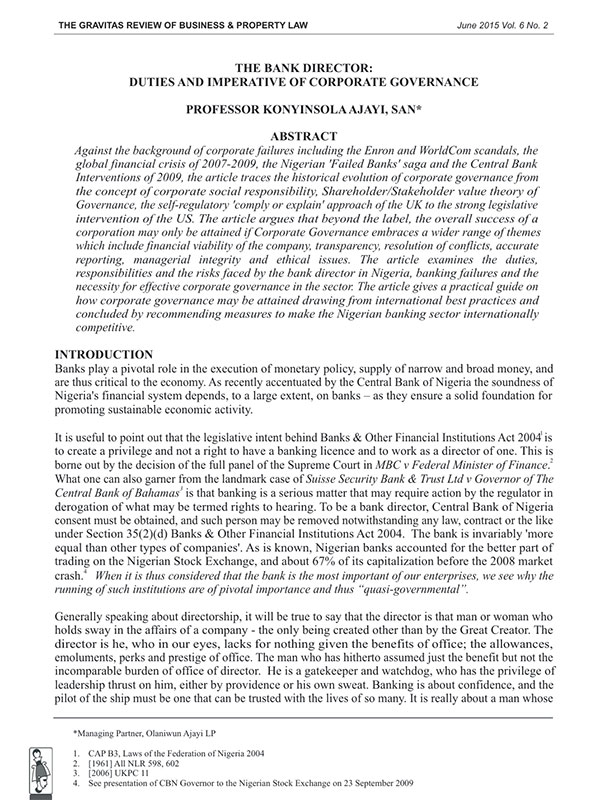
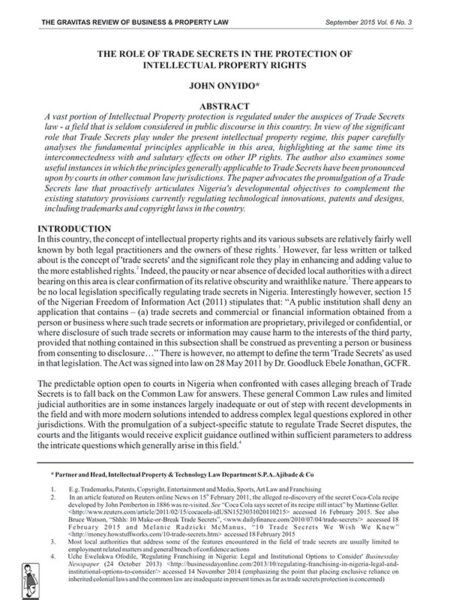
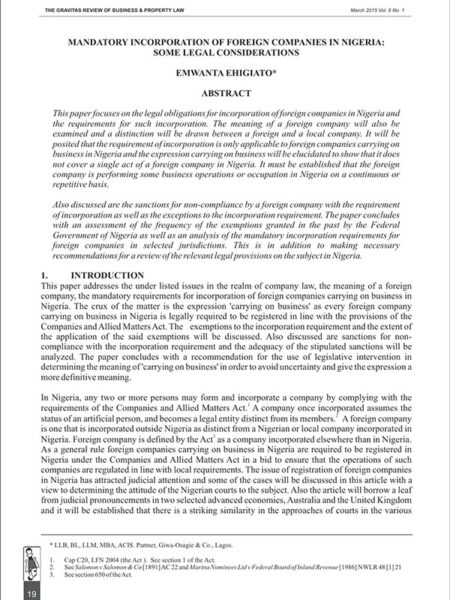
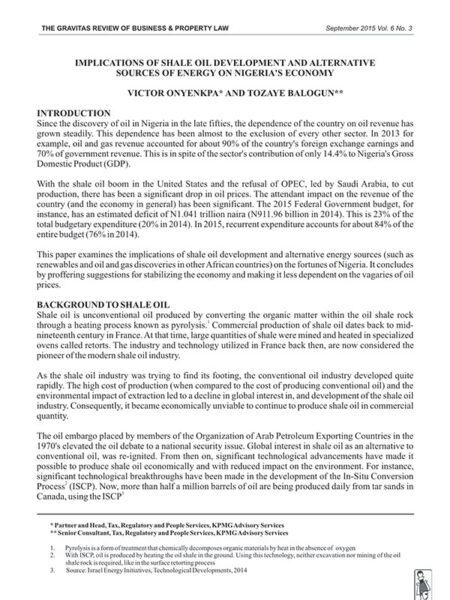
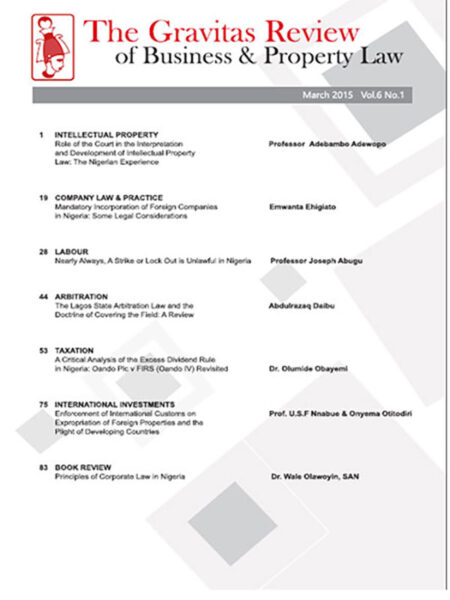


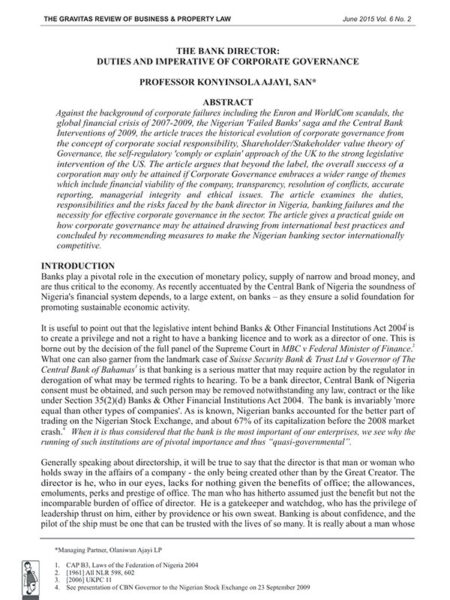
Reviews
There are no reviews yet.